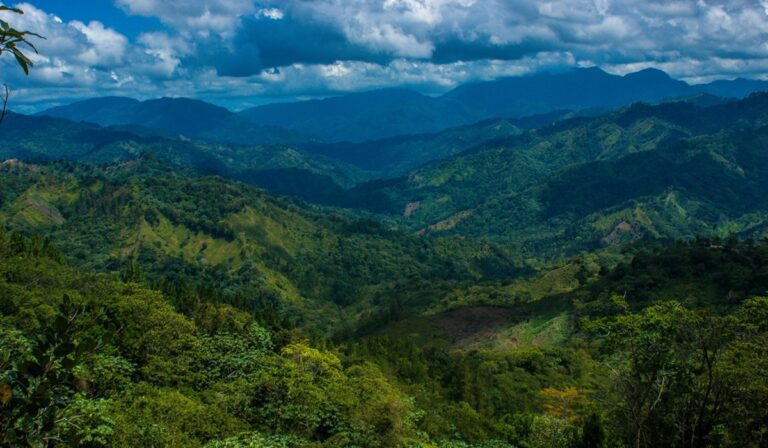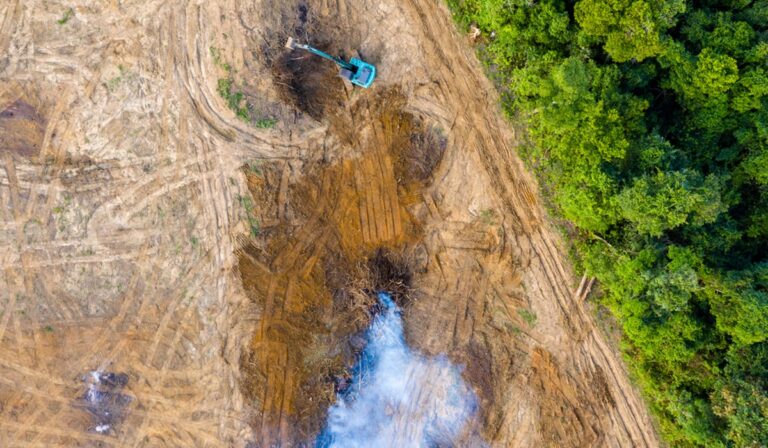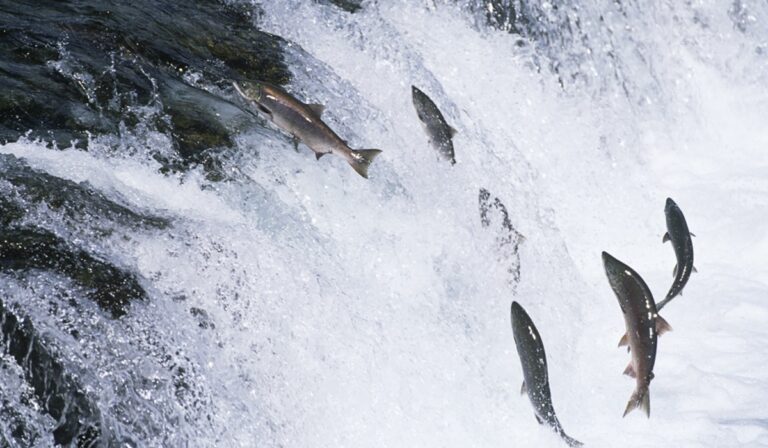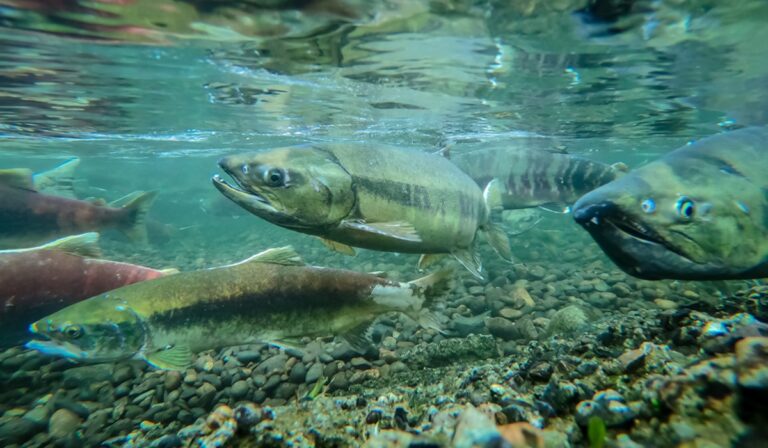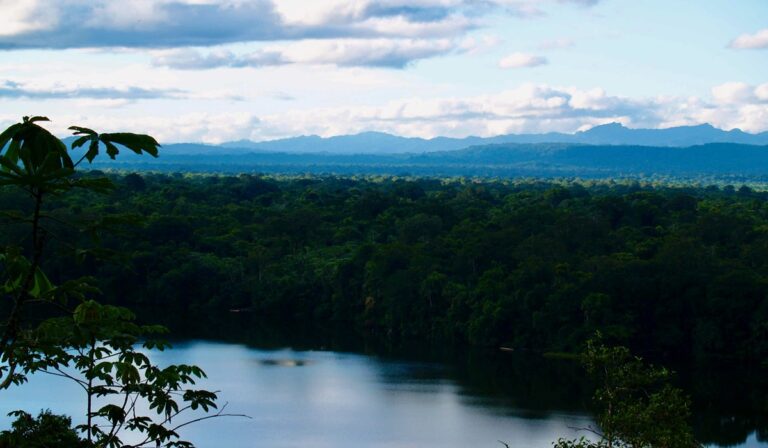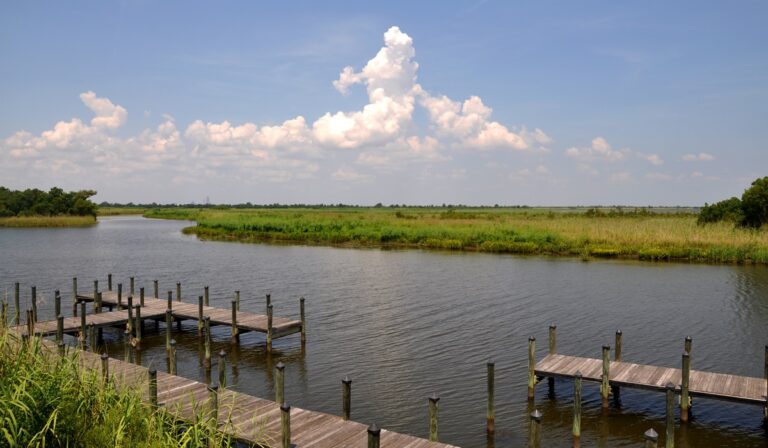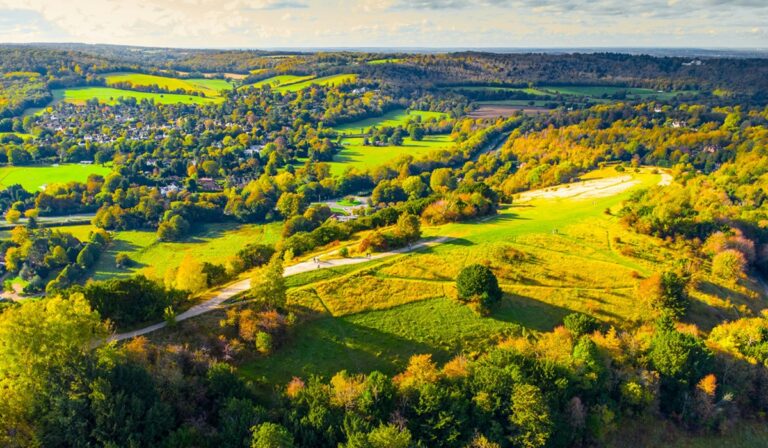The Dominican Republic reforests a fifth of the country in 10 years
Plan Yaque, founded in 2009, brings together 30 organizations to conserve the Yaque River basin, the Dominican Republic’s lifeline. The plan’s simplicity rests in convincing landowners that reforestation is not only an ecological need but also beneficial to their well-being. By 2019, Plan Yaque and other environmental efforts have restored 18 percent of damaged land, ranking as Latin America’s second-largest land recovery.
The Dominican Republic reforests a fifth of the country in 10 years Read more

